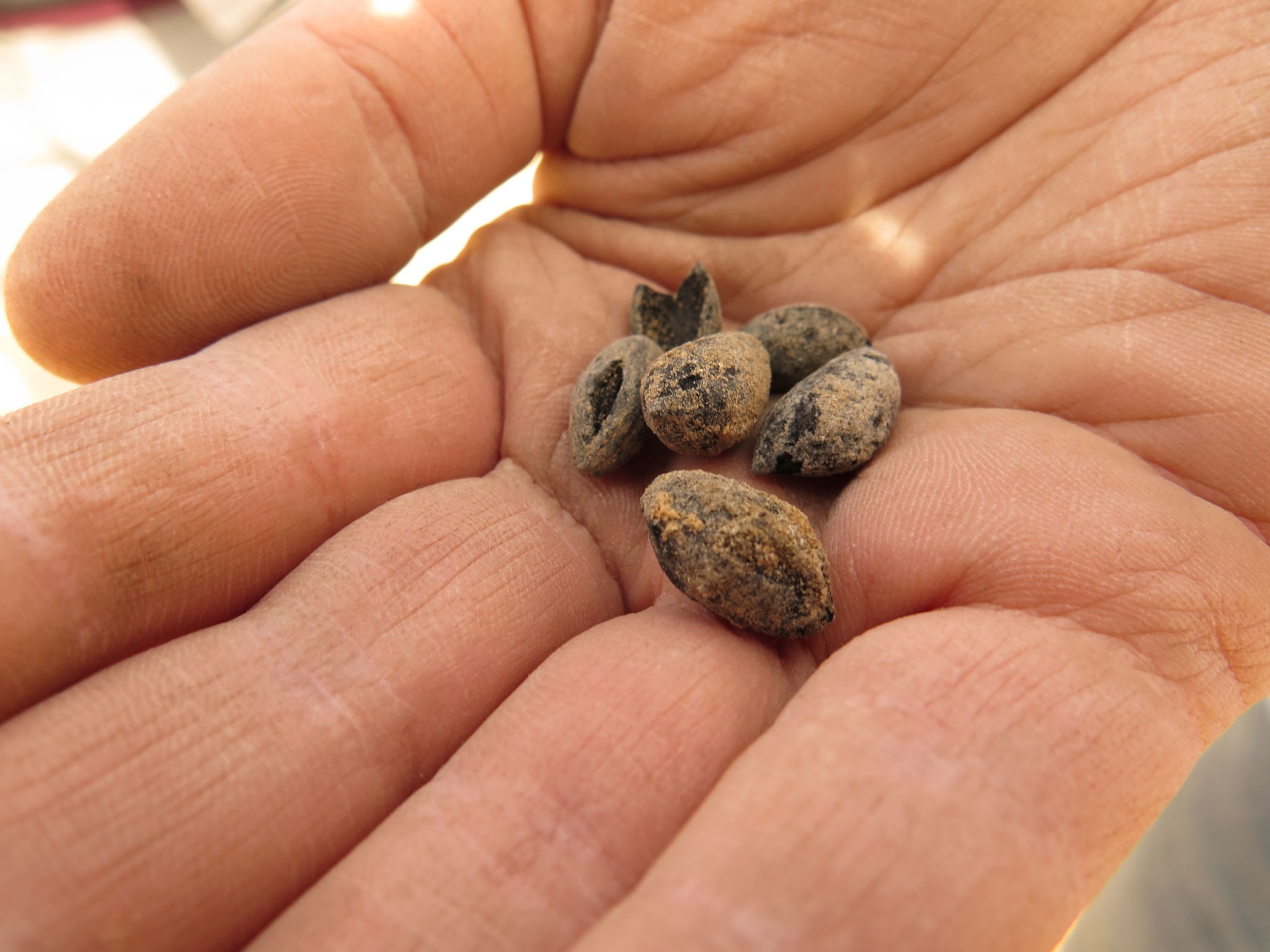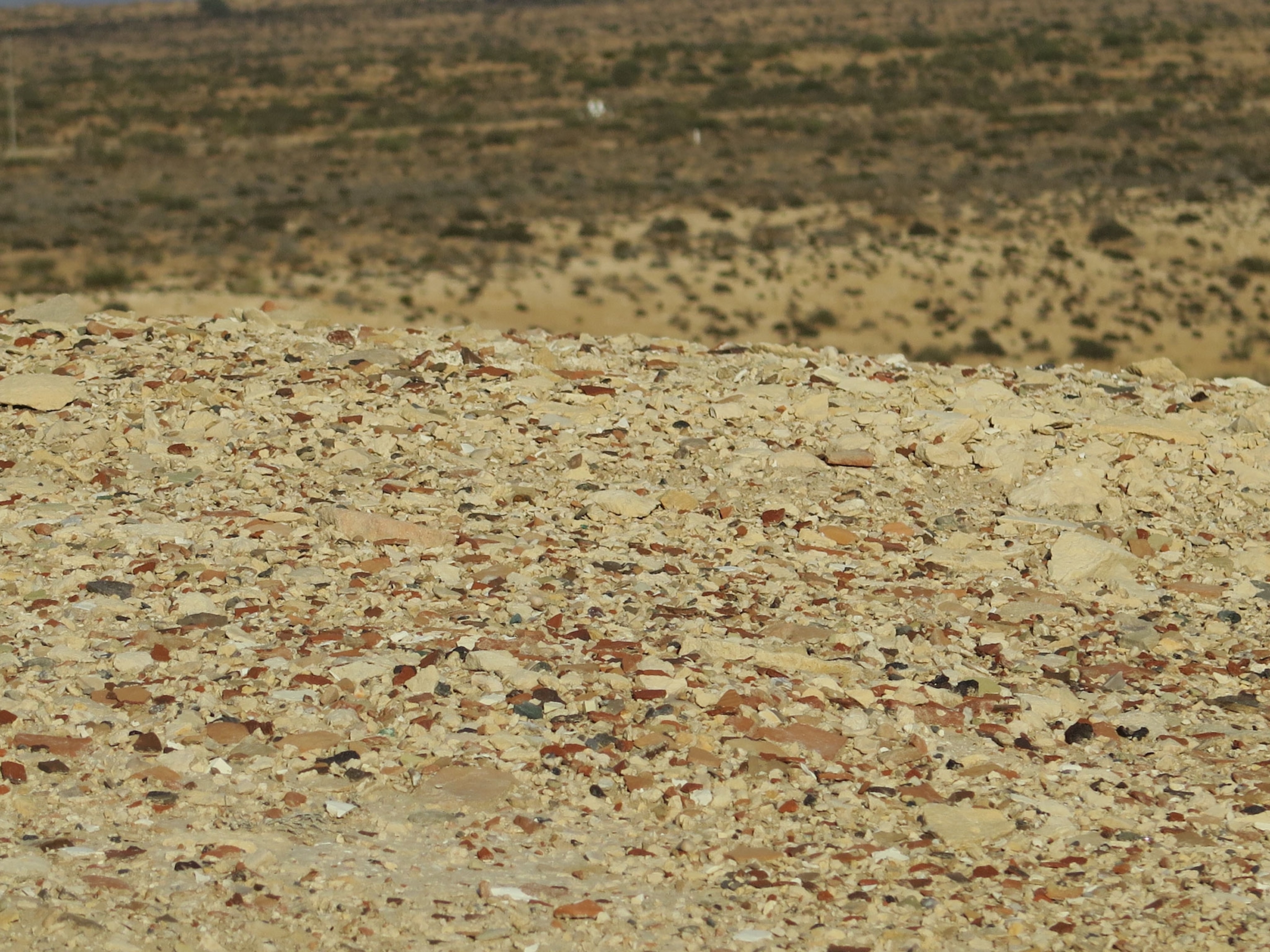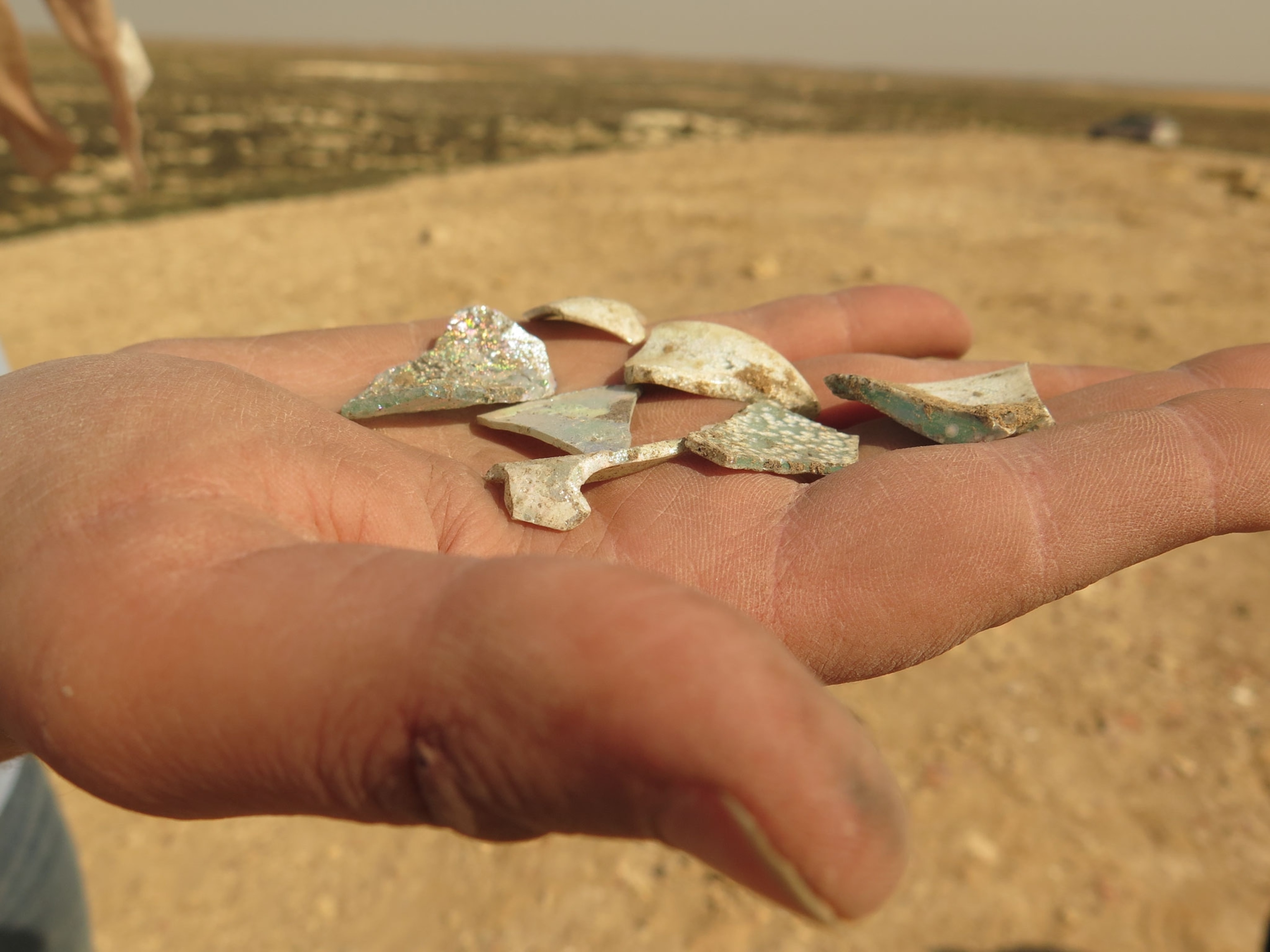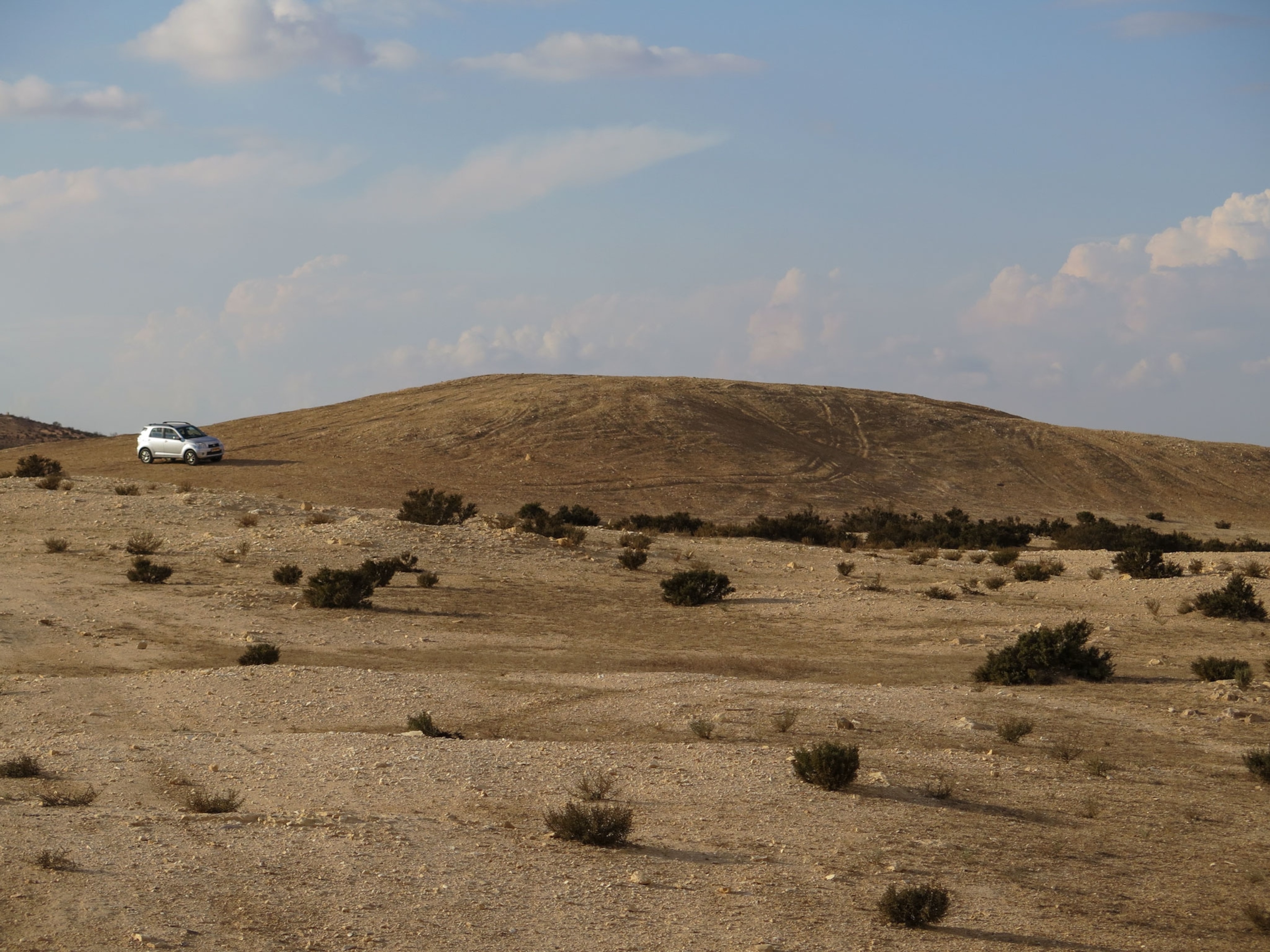Some 1,500 years ago, the city of Elusa was thriving on the southern edge of the Eastern Roman (Byzantine) empire, in what is now Israel’s Negev desert. The city of up to 20,000 residents featured a theater and public baths, churches and craft workshops, and innovative water management systems that enabled Elusa’s citizens to cultivate their most famous export: Gaza wine, a prized white vintage that was shipped across the Mediterranean to ports as far as France.
Within two centuries, however, the Byzantine city of Elusa (also known as Haluza) had collapsed, leaving behind ancient buildings picked apart by later generations or simply buried beneath shifting sand dunes.

Historians have generally believed that Byzantine social and economic systems in the Negev region declined with the rise of the early Islamic period in the mid-seventh century, a time which ushered in changes like restrictions on wine production, a commodity that generated a lot of money and trade for Elusa.
Thanks to a closer look at Elusa’s municipal garbage dumps, however, archaeologists now realize that the city’s decline occurred almost a century before Islamic influences entered the area, during what had traditionally been considered the peak of the Byzantine period. The culprit? A quick and deadly shift in climate brought about by a succession of distant volcanic eruptions.
Trash becomes treasure
In a study published today in the Proceedings of the National Academy of Sciences (PNAS), Guy Bar-Oz, a professor of archaeozoology at the University of Haifa, and his research team outline the results of excavations of the urban garbage dumps still visible on the outskirts of Elusa.
The dig was spurred by Bar-Oz’s curiosity about the downfall of Byzantine society in the Negev—a story he noticed was missing from popular histories like Jared Diamond's 2005 book Collapse. For clues, the researchers turned to Elusa’s dumps, reasoning that the end of trash collection—a crucial city service—would mark the end of high-level societal functioning in an urban environment.
After digging through layers of refuse like ash from fireplaces, bones from meat and fish, seeds from grapes and olives, discarded construction material, and broken wine jugs, the researchers found that the main dumps stopped receiving trash around 550.
"We were very surprised because we expected that the date of the abandonment of the dumps would be much later," Bar-Oz says.

The end of trash management at Elusa does, however, correlates with new developments in climate science, which show that the middle of the sixth century was actually a horrible time to be alive in most of Europe and Asia.
In 2016, a group of scientists led by Ulf Büntgen, a professor of environmental systems analysis at the University of Cambridge, defined an overlooked period of rapid climate change: the Late Antique Little Ice Age, which lasted from 536 to about 660.
By looking at tree ring data and particles trapped in ice cores, Büntgen and his colleagues found that a cluster of volcanic eruptions—in 536, 540 and 547—blotted out the sun and triggered an exceptionally cold period in the northern hemisphere. (Scientists have yet to pinpoint the location of the volcanoes that erupted in those years; last year a group of researchers claimed that the 536 blast may have occurred in Iceland.) Food shortages and famine followed.
The researchers suggested that the climate events may also be associated with major social changes that started in the middle of the sixth century, from the expansion of Slavic populations west into much of continental Europe, to the collapse of the eastern Turk Empire in northeast Asia. The Late Antique Little Ice Age may have also facilitated the world’s first recorded pandemic outbreak of the bubonic plague, known as the Plague of Justinian, which spread throughout the Mediterranean beginning in 541.
Elusa now offers "a nice case study from archaeology, from the human side, that provides evidence for what we suggested," Büntgen says. "We are getting more and more aware that our decision making and our systems are not operating independently from environment and climate conditions."

Linking long-duration environmental phenomena to discrete historical events remains challenging, and scientists haven't reconstructed exactly how the Late Antique Little Ice Age affected the Negev. For example, rapid cooling may have been disastrous for crops in Ireland and Scandinavia, but Büntgen says arid, drought-prone environments like the Negev may have benefited from the changes.
Even so, Elusa's economy still relied on outside markets that might have been suffering.
"In terms of the international picture, if there was less demand on the other side of the Mediterranean for the product—probably the wine—then probably the prices went down," Bar-Oz says.
Historians and authors have speculated on the fall of Roman civilization for centuries, and the findings from Elusa are part of new trend to look at the complex web of environmental factors that might have influenced social change across the empire.
Kyle Harper, a professor of Classics at the University of Oklahoma who was not involved in the new research, says garbage is an "under used" archaeological clue about the past.
"We know that the sixth century A.D. experienced an unusually violent series of volcanic eruptions, triggering abrupt climate change, and even more importantly, the beginning of the first bubonic plague pandemic," says Harper, who wrote the 2017 book The Fate of Rome: Climate, Disease, and the End of an Empire. "This study is yet further evidence that these environmental shocks were extremely disruptive to the societies that lived through them."
